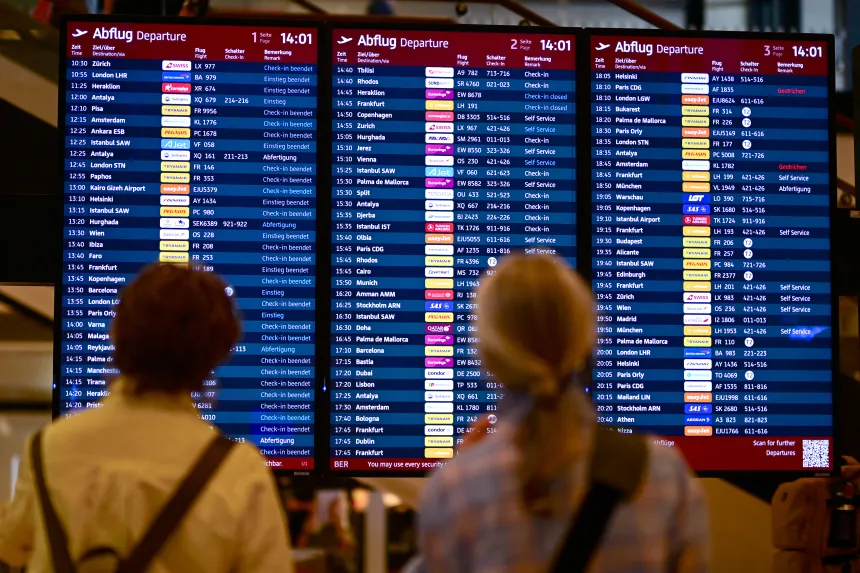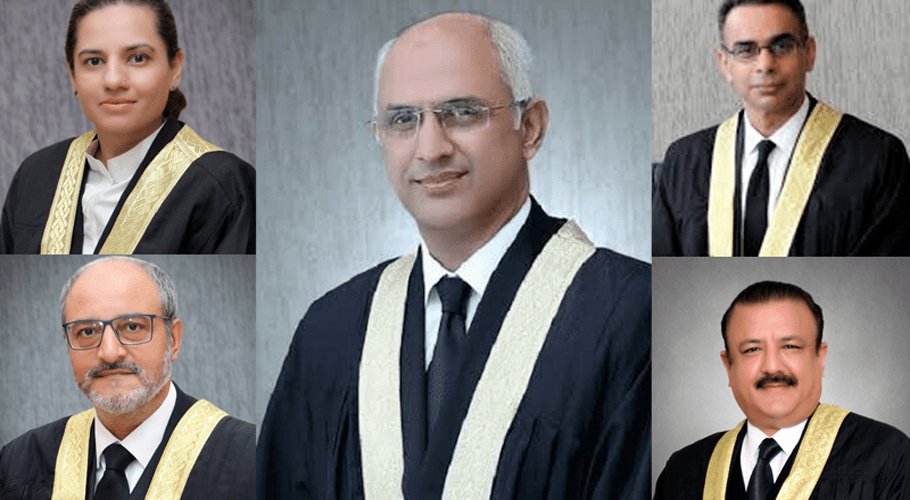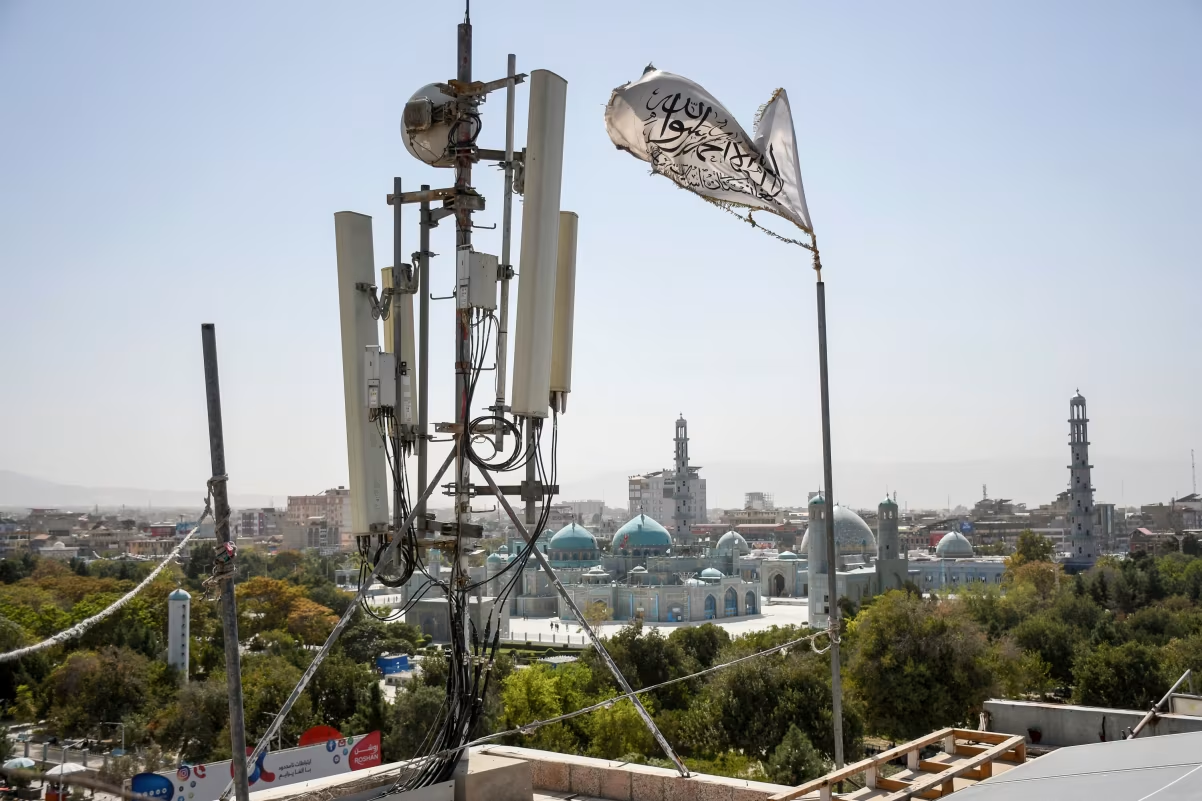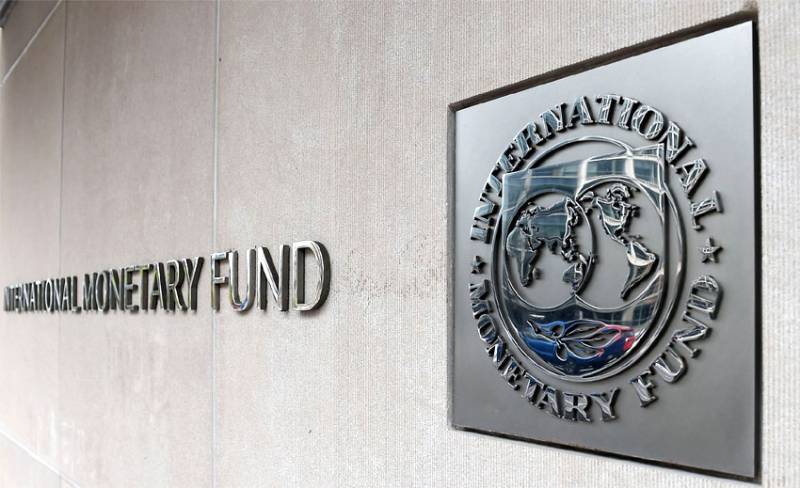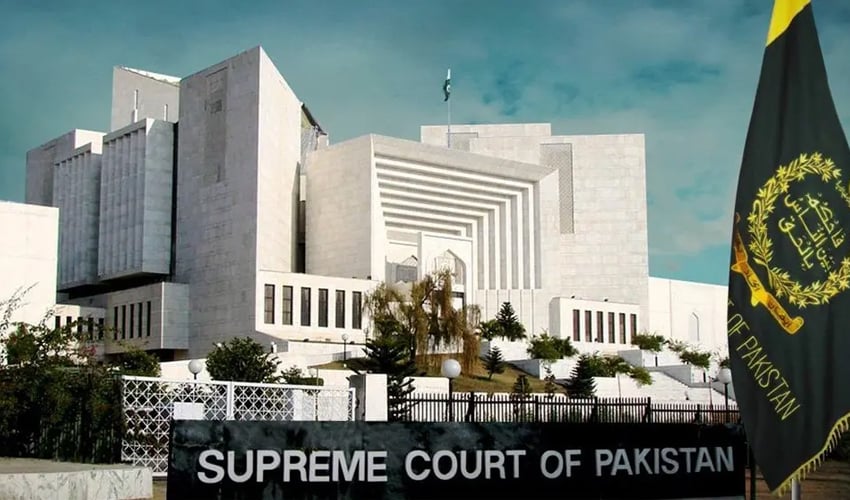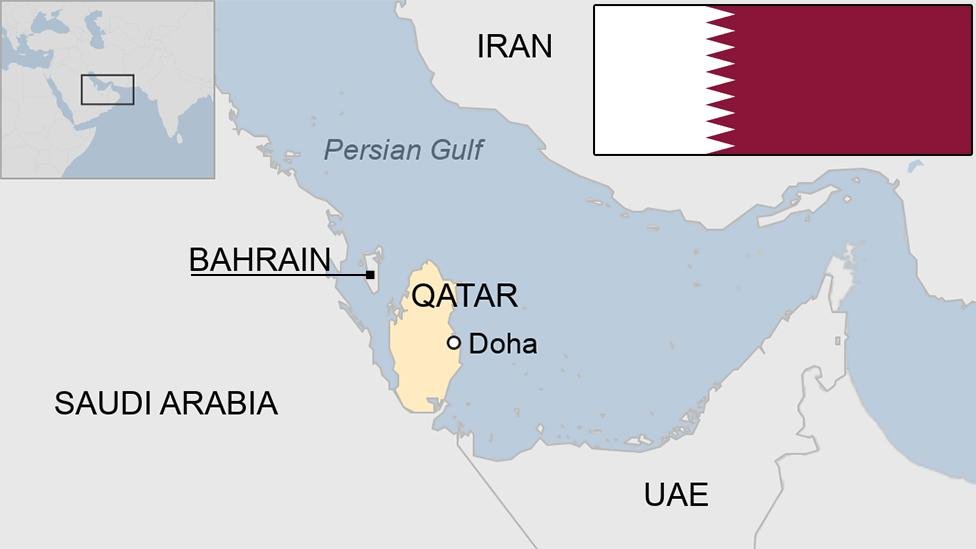In a harrowing act of violence, at least nine passengers traveling to Punjab were abducted and killed by unidentified armed men late Thursday night in the Sur-Dakai area, situated along the volatile border of Zhob and Loralai districts in Balochistan.
According to Zhob Assistant Commissioner Naveed Alam, the victims were forcibly taken from two passenger coaches and later found dead. Their bodies have been transported to Rakhni for repatriation to their native towns in Punjab.
The attack unfolded on the N-70 highway near Dab, where armed men blocked the road and intercepted two buses headed to Punjab. Witnesses reported that the attackers boarded the coaches, checked passengers’ identity cards, and selected ten individuals—seven from one bus and three from another—on the basis of their CNICs. These individuals were forced off the buses at gunpoint.
“We were terrified,” one of the survivors told Levies officials. “They checked everyone’s ID cards and dragged out those who were from Punjab. We heard gunshots as we were driven away.”
Soon after, the assailants let the buses continue their journey, but the bodies of nine abducted passengers were later recovered, confirming fears of a targeted killing. One of the abducted passengers reportedly escaped or is still missing, as authorities initially cited ten individuals being taken.
The Balochistan government spokesperson, Shahid Rind, attributed the incident to “Fitna al Hindustan,” a term commonly used by officials for terrorist outfits operating in the province. He added that simultaneous attacks occurred in Kakat, Mastung, and Sur-Dakai, pointing to a coordinated escalation of violence.
Later, the banned Balochistan Liberation Front (BLF) claimed responsibility, stating that they had executed the ambush and targeted individuals on the Musakhail-Makhtar-Khajuri route. The BLF spokesman justified the killings as part of the group’s campaign against perceived settlers and state-linked elements.
Security forces swiftly launched a major search operation across the rugged terrain of the Loralai-Zhob corridor, temporarily suspending traffic on the highway to prevent further incidents. Authorities say the attackers appeared to have planned the ambush meticulously, using ID checks to select victims and opening fire to suppress resistance or escape attempts.
The targeted nature of the killings has sparked renewed concern over ethnic profiling and the deteriorating security situation in Balochistan. Political observers warn that such incidents deepen national divides and fuel mistrust among provinces.
So far, no arrests have been made, and investigations are ongoing.






